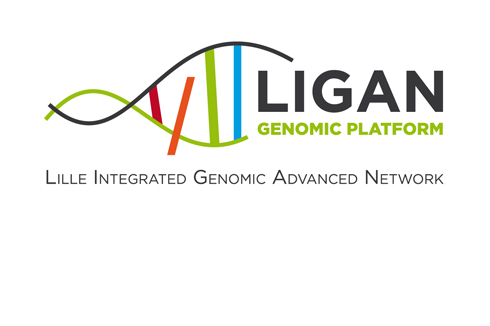Amélie Bonnefond (PhD, CR1 Inserm)
Next-generation sequencing (NGS) has made a major breakthrough in DNA decoding and scientific research on genomics and epigenetics. The power of this technology allows us to routinely and quickly analyze the whole exome (namely all coding regions of genes) or even the whole genome of an individual with affordable pricing. This breakthrough unquestionably opens new insights into medical research. NGS is hopeful for the identification of new disease etiologies, but also enables their investigation at the patient bedside. It leads to a radical change into scale analysis and research significance.
Our group is a leader in the research on diabetes, obesity and cardiovascular disorders. Via our NGS platform including several high-throughput sequencing systems (Illumina) and robots for libraries’ preparation, our research should bring new insights into the genetic deciphering of these diseases and will have major impact into health.
For instance, we have developed a new innovative method allowing us to perform the molecular diagnosis of monogenic forms of diabetes and obesity, through only one PCR-based step (RainDance Technology) in combination with NGS (Bonnefond et al. Diabetes Care. 2014 Feb;37(2):460-7). It is noteworthy that the molecular diagnosis of monogenic forms of diabetes and obesity is crucial, in particular in diabetic patients with a mutation in ABCC8, KCNJ11 or HNF1A gene, who can be optimally treated with oral sulfonylureas. Until now, this diagnosis was very expensive (> 3 000€), long and labor-intensive. Our protocol is actually cheap (< 300€) and can be done in few days with a quality similar to the quality of Sanger sequencing.

Furthermore, recently, we have greatly improved the quality of whole-exome sequencing and have significantly decreased the cost (~ 500€) via robotization and a more powerful technology (NimbleGen/Illumina). Nowadays, we perform diagnoses for the international community of diabetes and obesity via whole-exome sequencing.
Through various collaborations, we also developed optimized NGS-based protocols for genomic studies: RNA-seq, Methyl-seq, MeDIP-seq, ChIP-seq and Capture-C enabling the 3D analyses of DNA loops.




